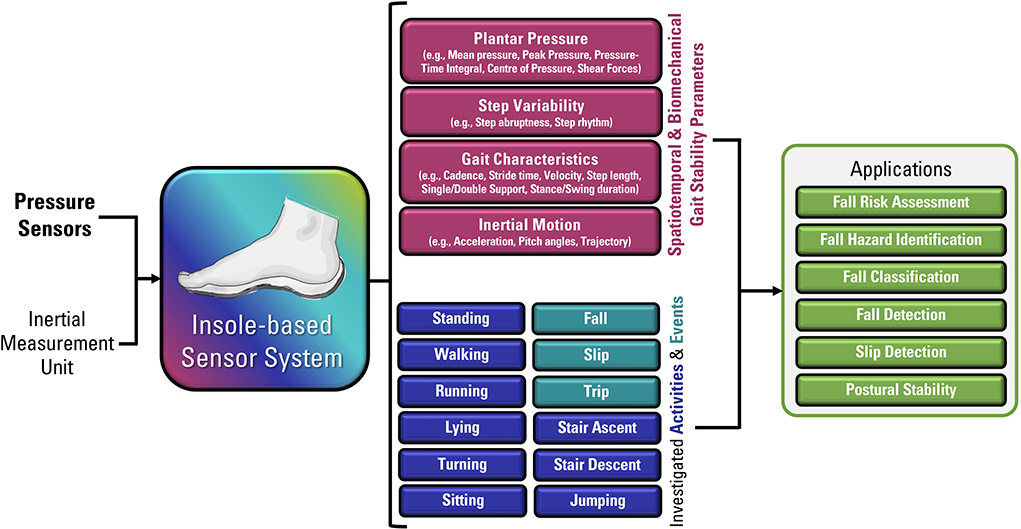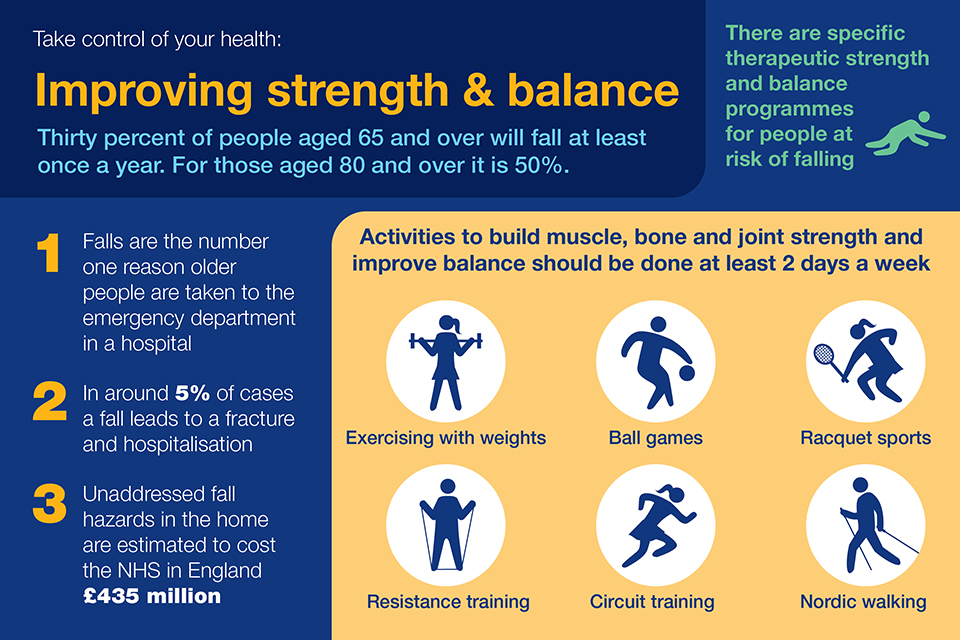The 10-Minute Rule for Dementia Fall Risk
Top Guidelines Of Dementia Fall Risk
Table of Contents10 Simple Techniques For Dementia Fall RiskThe 7-Second Trick For Dementia Fall RiskFacts About Dementia Fall Risk RevealedThe 10-Second Trick For Dementia Fall Risk
A loss risk evaluation checks to see exactly how likely it is that you will certainly drop. It is primarily provided for older grownups. The analysis typically includes: This includes a series of concerns regarding your total wellness and if you have actually had previous falls or troubles with equilibrium, standing, and/or strolling. These devices check your stamina, equilibrium, and gait (the way you walk).Interventions are referrals that might reduce your risk of dropping. STEADI consists of three steps: you for your threat of falling for your threat variables that can be enhanced to try to avoid drops (for instance, equilibrium troubles, impaired vision) to decrease your risk of falling by utilizing efficient techniques (for example, offering education and resources), you may be asked several concerns consisting of: Have you fallen in the previous year? Are you fretted regarding falling?
After that you'll take a seat once again. Your provider will inspect for how long it takes you to do this. If it takes you 12 seconds or even more, it might imply you go to higher danger for a loss. This examination checks stamina and equilibrium. You'll rest in a chair with your arms went across over your breast.
Relocate one foot halfway forward, so the instep is touching the huge toe of your other foot. Relocate one foot completely in front of the various other, so the toes are touching the heel of your various other foot.
The Greatest Guide To Dementia Fall Risk
Many drops occur as a result of multiple adding elements; consequently, managing the threat of dropping begins with determining the aspects that add to drop threat - Dementia Fall Risk. Several of one of the most pertinent danger elements consist of: History of prior fallsChronic clinical conditionsAcute illnessImpaired gait and balance, reduced extremity weaknessCognitive impairmentChanges in visionCertain risky drugs and polypharmacyEnvironmental variables can likewise increase the risk for falls, consisting of: Insufficient lightingUneven or damaged flooringWet or unsafe floorsMissing or damaged hand rails and get barsDamaged or incorrectly equipped tools, such as beds, mobility devices, or walkersImproper use assistive devicesInadequate guidance of individuals staying in the NF, including those who display hostile behaviorsA effective autumn danger monitoring program requires an extensive professional analysis, with input from all members of the interdisciplinary team

The care plan should additionally include interventions that are system-based, such as those that advertise a secure environment (appropriate lighting, handrails, get bars, and so on). The performance of the treatments must be reviewed regularly, and the care strategy changed as necessary to check here show changes in the autumn threat evaluation. Implementing a loss danger monitoring system making use of evidence-based best method can reduce the prevalence of drops in the NF, while restricting the potential for fall-related injuries.
9 Simple Techniques For Dementia Fall Risk
The AGS/BGS standard suggests screening all grownups matured 65 years and older for autumn threat yearly. This testing includes asking clients whether they have dropped 2 or even more times in the past year or looked for clinical interest for a loss, or, if they have actually not dropped, whether they really feel unsteady when strolling.
Individuals who have dropped once without injury should have their equilibrium and stride evaluated; those with stride or balance problems ought to get extra evaluation. A background of 1 fall without injury and without gait or balance issues does not necessitate more evaluation past continued yearly loss threat screening. Dementia Fall Risk. A loss threat analysis is required as part of you can try these out the Welcome to Medicare examination
.png)
Our Dementia Fall Risk Diaries
Recording a drops history is one of the quality indications for fall prevention and administration. copyright medications in specific are independent forecasters of falls.
Postural hypotension can commonly be alleviated by decreasing the dose of blood pressurelowering drugs and/or stopping drugs that have orthostatic hypotension as a negative effects. Usage of above-the-knee support tube and sleeping with the head of the bed boosted might likewise reduce postural decreases in blood stress. The suggested components of a fall-focused physical exam are displayed in Box 1.

A yank time higher than or equivalent to 12 secs recommends high autumn risk. The 30-Second Chair Stand examination evaluates reduced extremity stamina and equilibrium. Being incapable to stand from a chair of knee elevation without using one's arms shows raised loss threat. The 4-Stage Balance test assesses fixed balance by having the individual stand in 4 settings, each considerably extra tough.